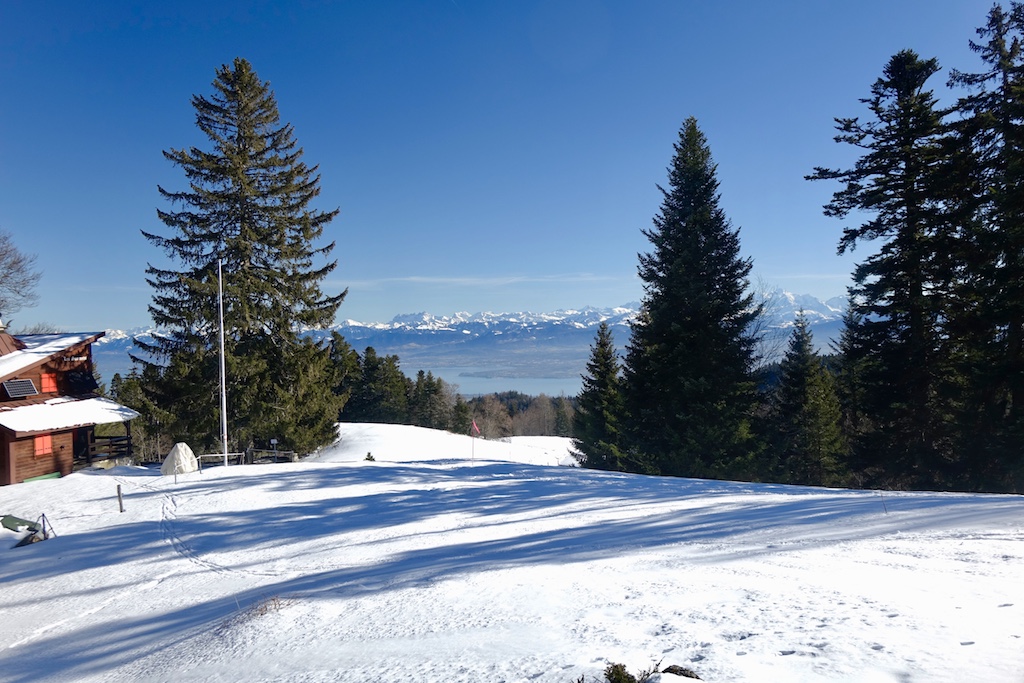 As a girl, I was stuck on the sideline, watching boy’s basketball games, hoping that the ball would roll out of bounds so I could throw it back into play. I never fathomed girls would be allowed on center court one day.
As a girl, I was stuck on the sideline, watching boy’s basketball games, hoping that the ball would roll out of bounds so I could throw it back into play. I never fathomed girls would be allowed on center court one day.
50 years ago on June 23, 1972, Title IX passed. The federal civil rights law prohibited sex-based discrimination in any educational institution that received federal funding.
It opened doors to places I never knew existed.
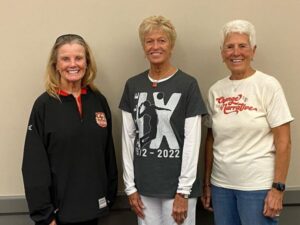
Pillars of ISU Melinda Fischer, Linda Herman, Jill Hutchison
Illinois State University's legendary coaches, Linda Herman (30 plus years as esteemed volleyball coach and administrator) and Jill Hutchison (28 years at the helm of women’s basketball and also a successful international level coach) among others, played a major role in Title IX’s passage and assured its implementation for female athletes.
This June 25, 2022, ISU led the nation again by honoring the pioneers in its Title IX 50th Anniversary Celebration.
In 1976, I was one of the first females to be awarded an athletic scholarship to ISU. Back then, I didn’t even know what a scholarship was. No one realized the profound impact Title IX would have on our lives.
Today young female athletes grow up dreaming of being recruited and receiving athletic scholarships and all its perks just like their male counterparts.
During my visit back to the ISU campus for the first time in decades, I was blown away by the accommodations for female Redbird athletes including the opportunity to prepare in the state of the art Jill Hutchison Women’s Basketball Locker Room and play in Redbird Arena, 10, 200 seat capacity.
Many athletes of the current generation never heard of Title IX nor appreciate how we got here. ISU reminded us of the sacrifices in our journey by honoring the pioneers who paved the way
Linda and Jill opened the event by narrating a video of outlining the development of women’s collegiate sport back from the days when women sewed their own uniforms and drove campus station wagons cross country to compete until present times.
We heard firsthand how Title IX shaped the lives of ISU alumni like basketball star Cathy Boswell, 1984 Olympic Gold Medalist, to Jaci McCormick, a Native American player from the Nez Perce Reservation. Jaci went on to co found Rise Above, an organization that uses basketball to promote wellness on reservations.
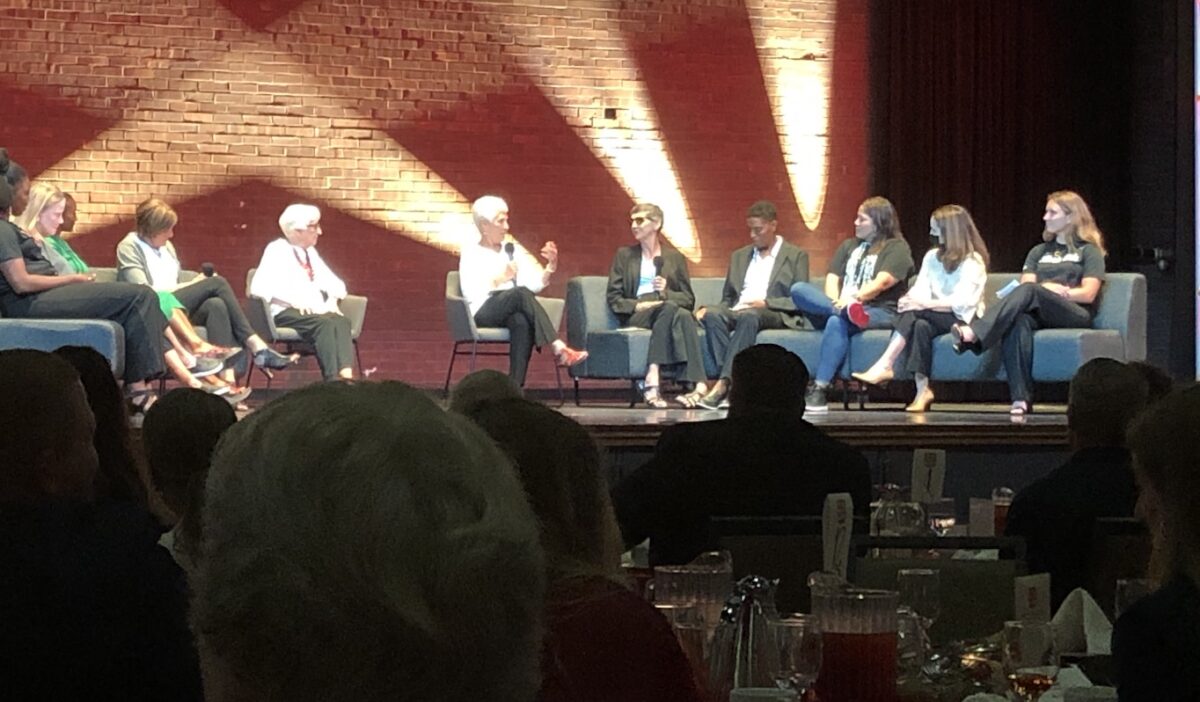
Speakers also included Melinda Fischer, a former 3 sport athlete, basketball and softball coach with the winningest record at ISU and in the Missouri Valley Conference and Angie Taylor, who after a record-setting career in track and field became an illustrious international and collegiate coach. She also developed programs for Nigerian track and field teams.
Still others on the panel shared how they took the foundation and philosophy built at ISU and passed it on as coaches and administrators.
I was humbled and honored to be invited to speak and the share the stage with these legends. Most of you who follow my column know my story.
Basketball took me from ISU, to the women’s first pro league (WBL), to France, Germany and Switzerland. In the late 70s, the Women’s Professional Basketball League (WBL) failed, but we helped give birth to the WNBA in 1996.
After my American pro team went bankrupt, I flew to Paris as one of the 1st American women in European Basketball League, playing first in France and then in Germany.
When my player’s career ended instantly in a car accident abroad, I became a teacher and coach at international schools. For the next 3 decades I served as an ambassador of the game in Europe, guiding athletes from around the globe, first in France, then in Switzerland.
“No person in the United States shall,
on the basis of sex, be excluded from participation in,
be denied the benefits of, or be subjected
to discrimination under any education program
or activity receiving Federal financial assistance.”
Many of the players I coached pursued higher degrees before returning to their homelands to fight for social justice.
When I was a kid, women were banned from the playing fields. I didn’t know any female doctors, lawyers or CEOs.
We fought for the right to play ball and paved the way for our high-flying daughters today.
My own daughter, who I coached in Switzerland, came to USA where she played in a DIII Final 4 for UWSP, studied 11 years and reached her dream to become a pediatrician.
Many of our present day contemporaries never heard our history. I wrote Home Sweet Hardwood, A Title IX Trailblazer Breaks Barriers Through Basketball, to give a voice to the silent generation of women who battled so hard for the rights we have today.
Jill and Linda and other dedicated pioneers put together an amazing weekend to celebrate our past, to educate, and to inspire the next generation.
We can’t know who we are if we don’t know where we came from.
We are indebted to women who came before us .
From the sideline to Showtime! Thanks to Title IX, a girl grows up never questioning her right to be all she can be.
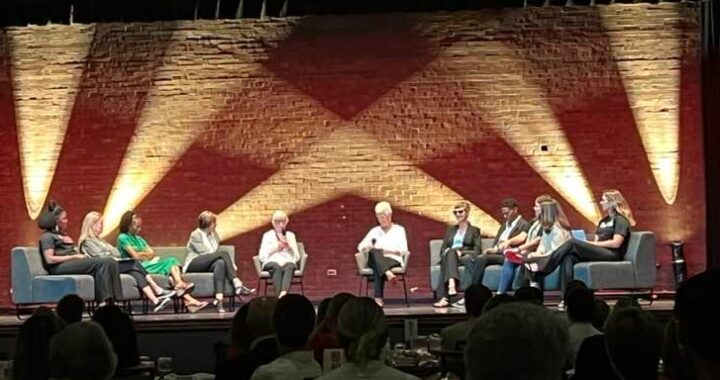
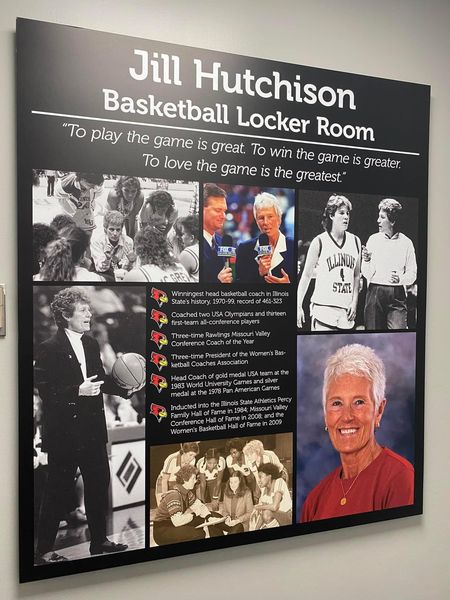






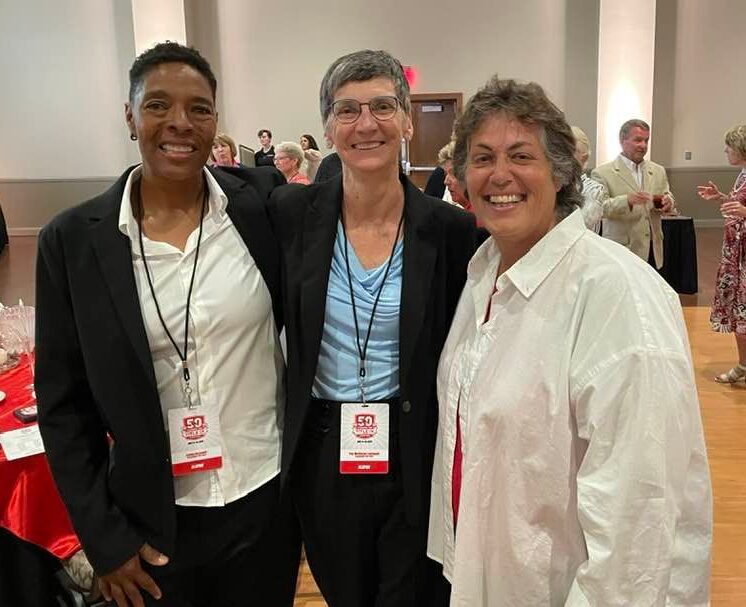


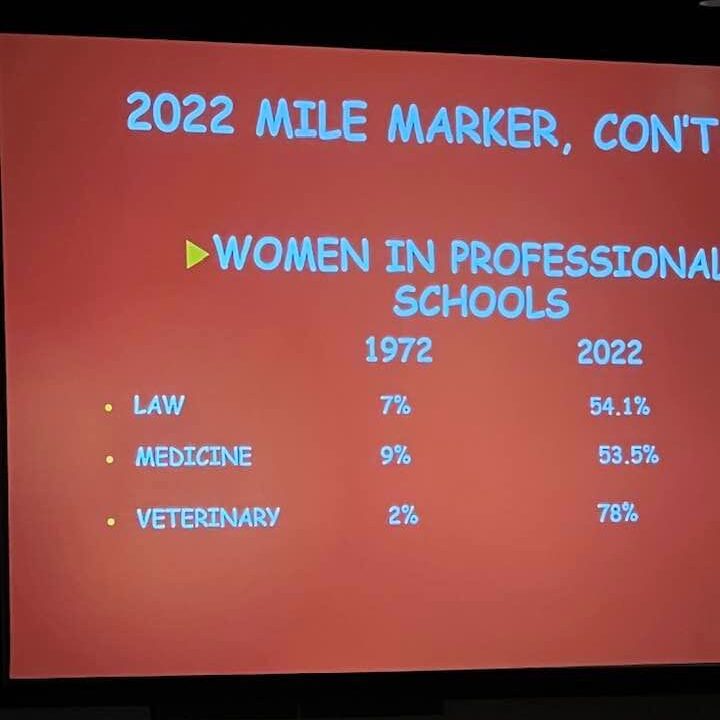
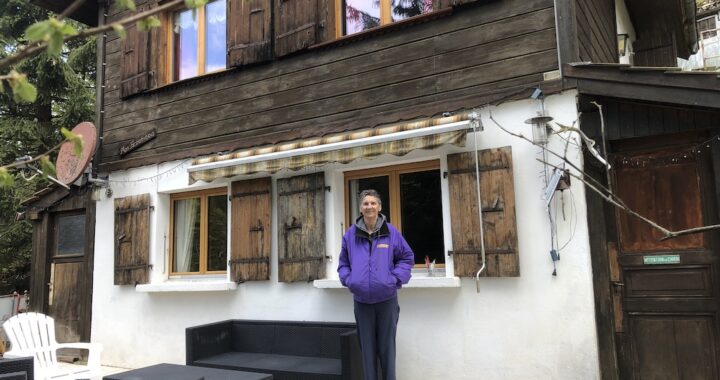
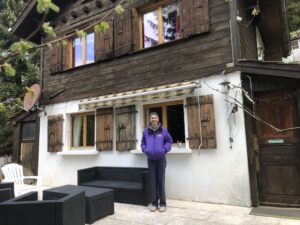 Surviving in our rustic little chalet chiseled out of the side of the Jura Mountains, a few miles from the French border, is challenging as we adjust to living in the 1800s.
Surviving in our rustic little chalet chiseled out of the side of the Jura Mountains, a few miles from the French border, is challenging as we adjust to living in the 1800s.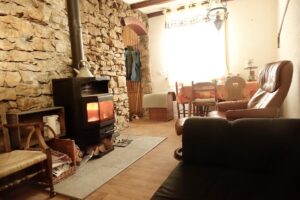
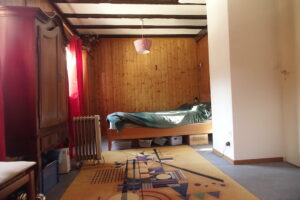 The staircase, so steep and narrow, must be navigated sideways and leads to 2 bedrooms. In our bedroom, the antique armoires are too narrow to hang things, so I rolled up our clothes and stored them in baskets under our bed.
The staircase, so steep and narrow, must be navigated sideways and leads to 2 bedrooms. In our bedroom, the antique armoires are too narrow to hang things, so I rolled up our clothes and stored them in baskets under our bed.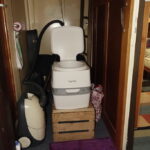 Upstairs, lacks plumbing. I cannot safely navigate the stairs a dozen times a night to the bathroom. Instead, I use a porta potty balancing on a crate in the closet sized nook at the top of the stairs. The seat, sized to accommodate a toddler’s butt, is so tiny, I fear I’ll tumble head first down stairs every time I pee.
Upstairs, lacks plumbing. I cannot safely navigate the stairs a dozen times a night to the bathroom. Instead, I use a porta potty balancing on a crate in the closet sized nook at the top of the stairs. The seat, sized to accommodate a toddler’s butt, is so tiny, I fear I’ll tumble head first down stairs every time I pee.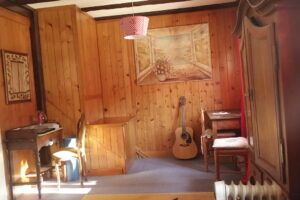
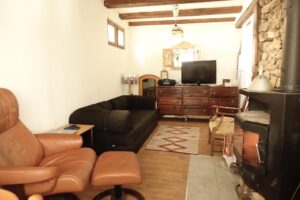
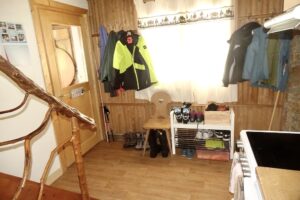
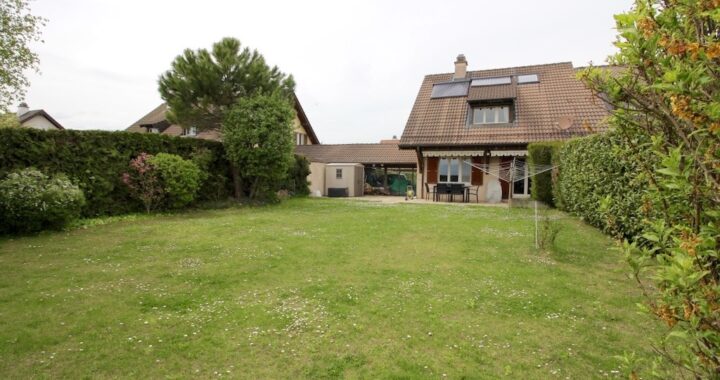
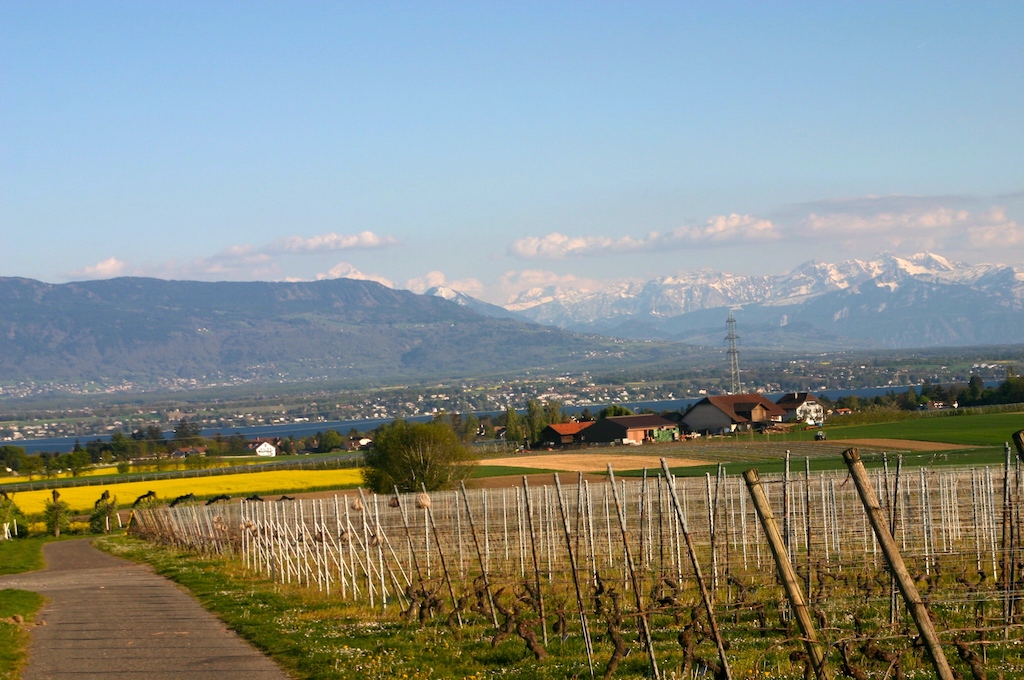 We watched the sun rise over the Alps from the bedroom and living room and saw it set behind the Jura Mountains from the guest room and kitchen.
We watched the sun rise over the Alps from the bedroom and living room and saw it set behind the Jura Mountains from the guest room and kitchen.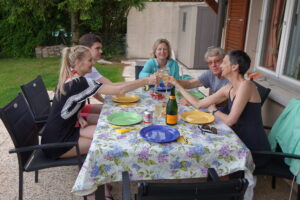 We savored French favorites dining in front of winter fires and relished summer backyard barbecues, watching sailboats drift across the lake and the clouds float over the mountain range in the ever changing light.
We savored French favorites dining in front of winter fires and relished summer backyard barbecues, watching sailboats drift across the lake and the clouds float over the mountain range in the ever changing light.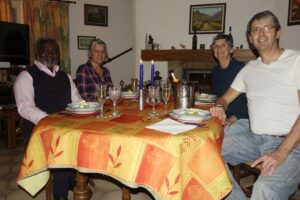
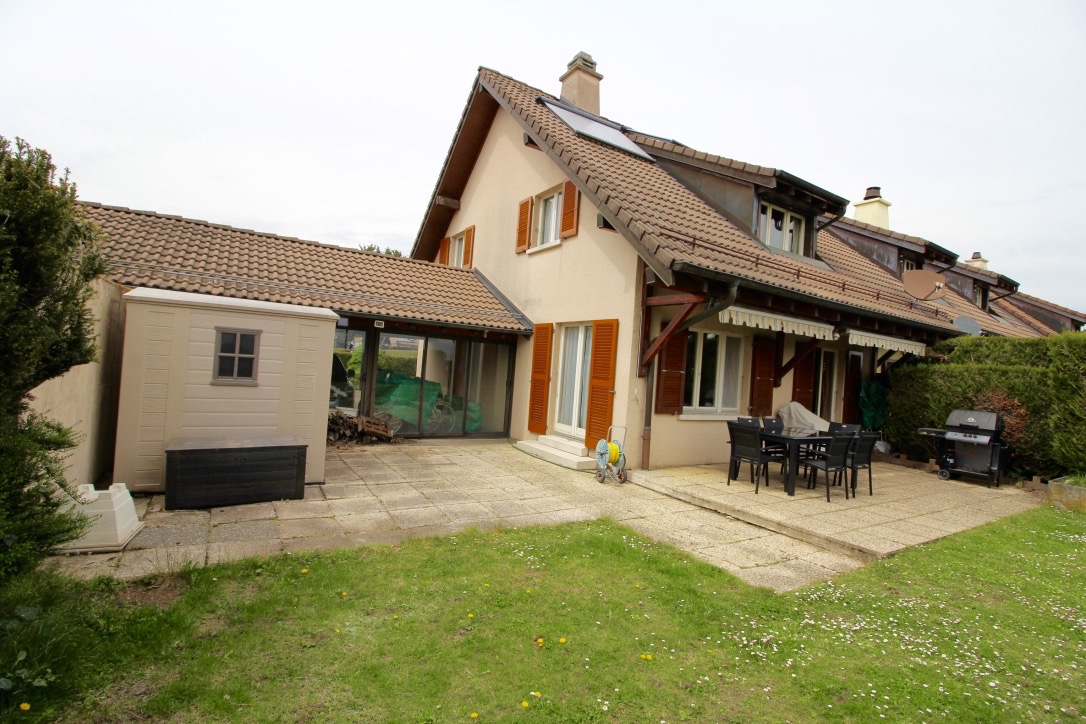

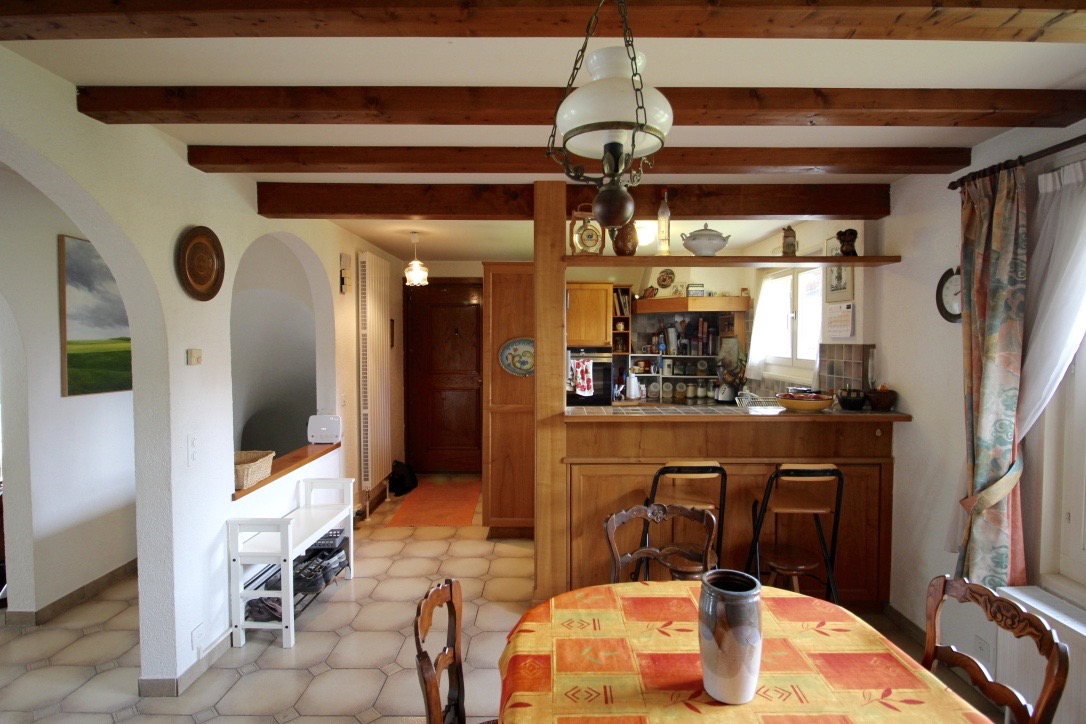
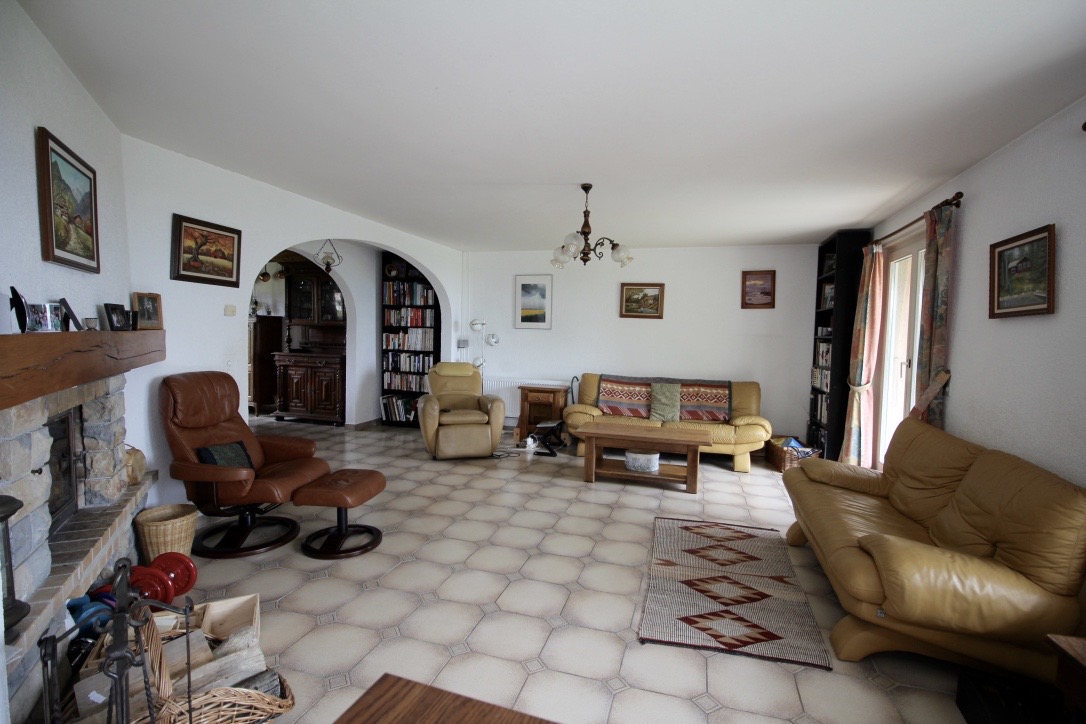
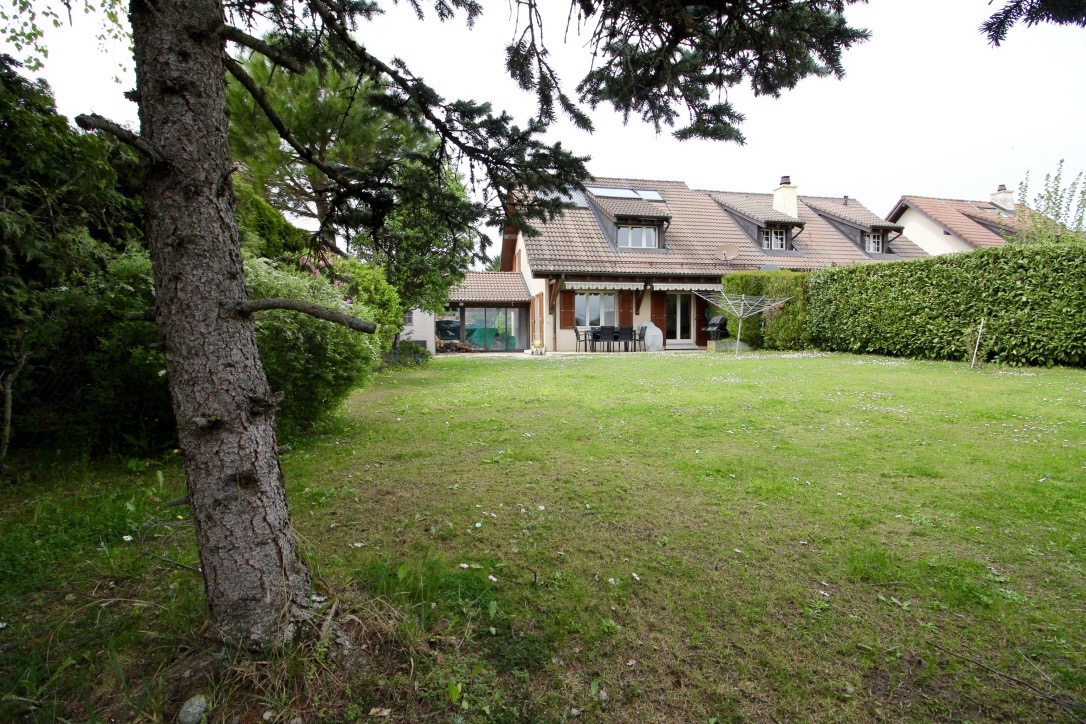
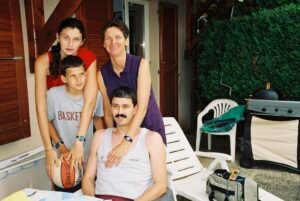
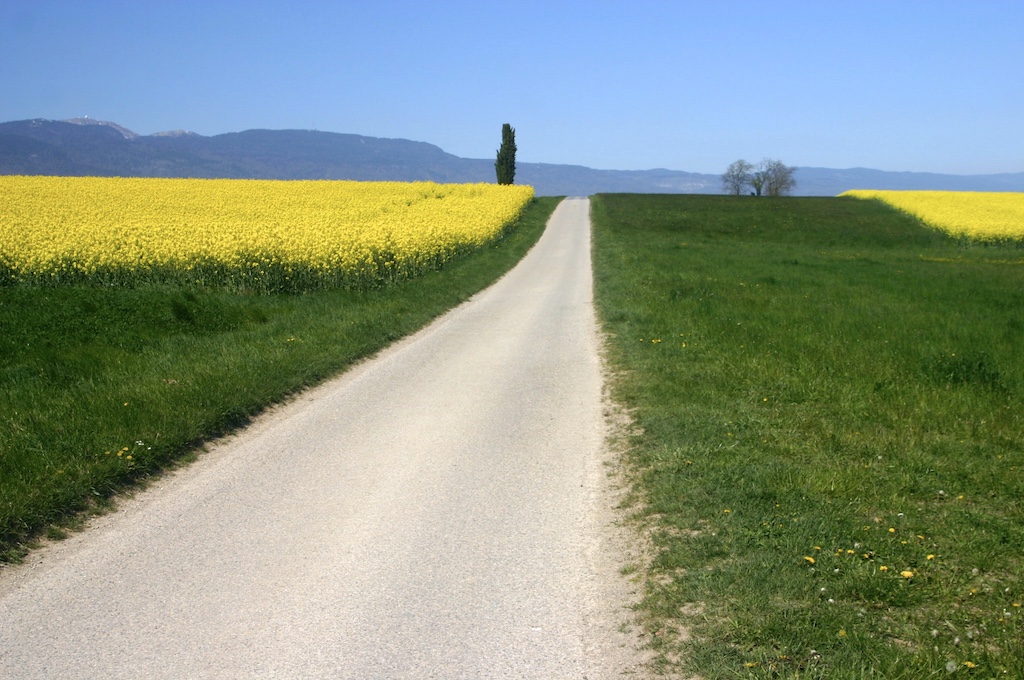
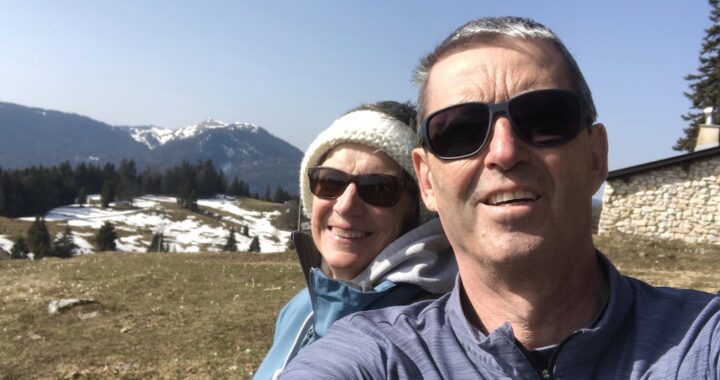
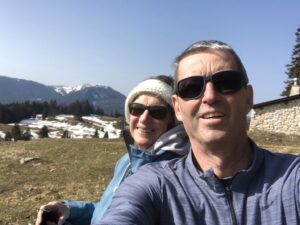 This is the second year anniversary of my death. Only I lived. How do you process a near death experience, when you realized you could have, should have, would have died? Without the miracle of emergency helicopter transport, highly skilled neurosurgeons and endless encouragement of therapists, family and friends, I wouldn’t be here.
This is the second year anniversary of my death. Only I lived. How do you process a near death experience, when you realized you could have, should have, would have died? Without the miracle of emergency helicopter transport, highly skilled neurosurgeons and endless encouragement of therapists, family and friends, I wouldn’t be here.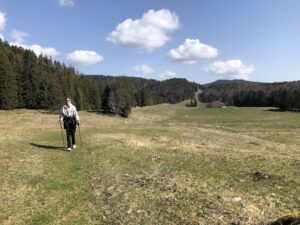
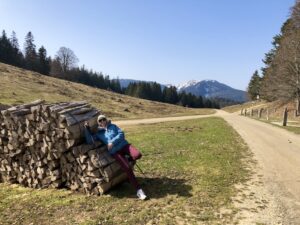 Two years later, I can walk for miles, talk for hours and swim again. I must appreciate how far I have come and accept that my rehabilitation journey is ongoing with therapy, treatment, and exercise until recovery becomes my way of life.
Two years later, I can walk for miles, talk for hours and swim again. I must appreciate how far I have come and accept that my rehabilitation journey is ongoing with therapy, treatment, and exercise until recovery becomes my way of life.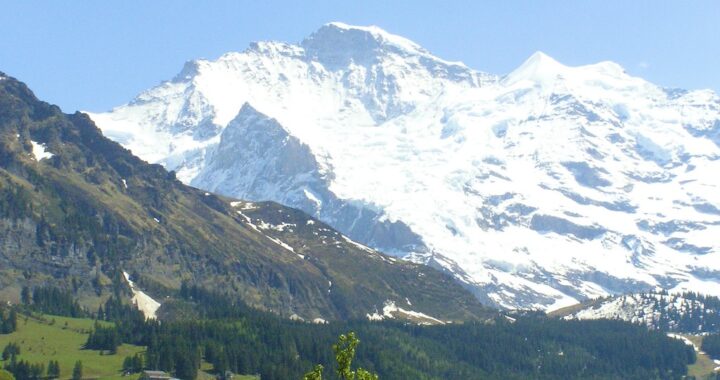
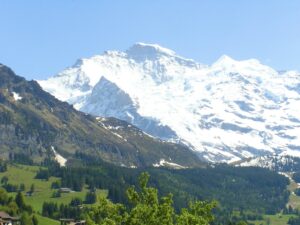
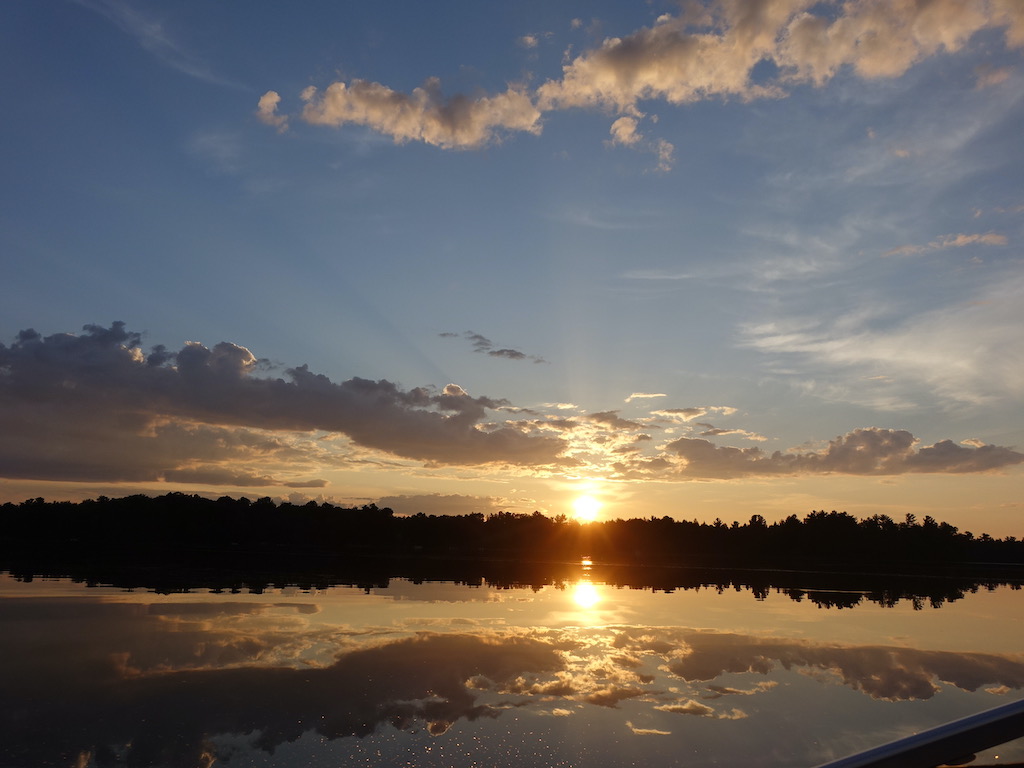
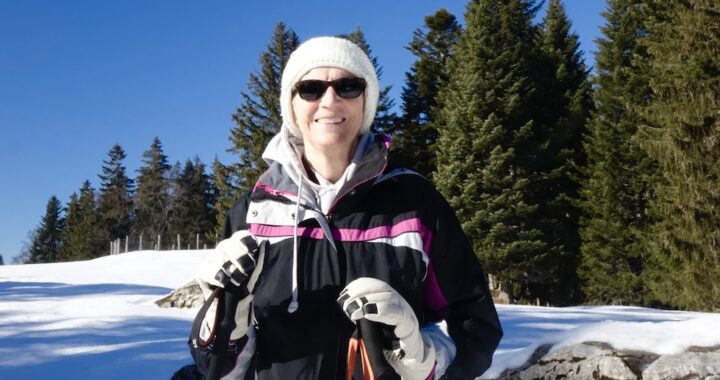
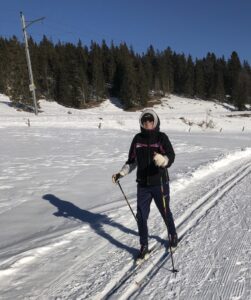 After countless hours of medical treatments, therapy and hard work, I cross-country skied again. I fell in love with the sport, inspired by my Scandinavians ancestors, who invented cross-country skiing centuries ago to circulate across mountains in winter. It reminds me of my forefathers born on the fjords in Northern Norway where reindeer run wild and Laplanders reign, where nature and its preservation is a God given right and obligation.
After countless hours of medical treatments, therapy and hard work, I cross-country skied again. I fell in love with the sport, inspired by my Scandinavians ancestors, who invented cross-country skiing centuries ago to circulate across mountains in winter. It reminds me of my forefathers born on the fjords in Northern Norway where reindeer run wild and Laplanders reign, where nature and its preservation is a God given right and obligation.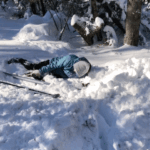 puff around each bend. I remove my skis when I can non longer duck waddle up the steep incline. My fear of falling defeats the fun of gliding downhill. I also take my skiis off to walk down any incline. At sharp bends at the end of slopes, I collapse sideways halfway down the slope. Better to fall gently, but awkwardly on my own terms, then crashing out of control.
puff around each bend. I remove my skis when I can non longer duck waddle up the steep incline. My fear of falling defeats the fun of gliding downhill. I also take my skiis off to walk down any incline. At sharp bends at the end of slopes, I collapse sideways halfway down the slope. Better to fall gently, but awkwardly on my own terms, then crashing out of control.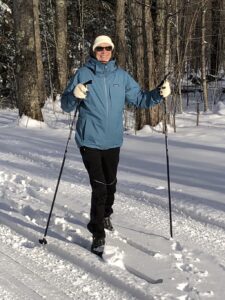 I can still remember the first time I went skiing with a teammate on the golf course of Illinois State University. I’ll never forget the wrath of my coach when I came to practice with a twisted knee after tumbling down the slope on the 9th hole.
I can still remember the first time I went skiing with a teammate on the golf course of Illinois State University. I’ll never forget the wrath of my coach when I came to practice with a twisted knee after tumbling down the slope on the 9th hole.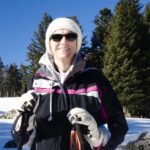 And I feel lucky to be alive.
And I feel lucky to be alive.